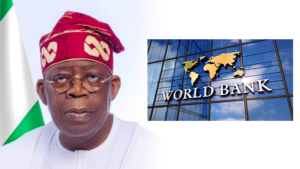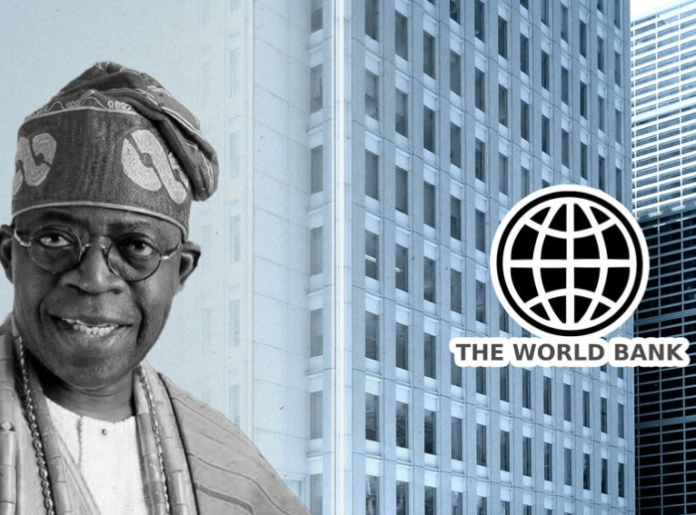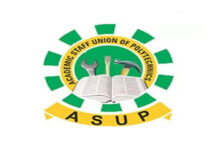Nigeria’s Federal Government has formally approached the World Bank, seeking an extension for the Multi-Sectoral Crisis Recovery Project (MCRP) aimed at rehabilitating the conflict-affected areas in the North-East region.
Originally slated to conclude on May 31, 2024, the government is requesting a one-year extension until May 31, 2025, to ensure the successful completion of ongoing and new activities crucial to the region’s recovery.
In an official letter dated April 3, 2024, the Nigerian government outlined the necessity of a 12-month extension, highlighting the significance of finalizing ongoing initiatives such as agricultural support, labor-intensive public works, and relevant training programs essential for assisting the most vulnerable populations in the North-East region.
The Multi-Sectoral Crisis Recovery Project (MCRP) was initiated in 2017 with an International Development Association (IDA) Credit of SDR 148 million ($200 million equivalent).
Additional financing of SDR 129 million ($176 million equivalent) was later provided, bringing the total funding to $376 million.
Initially approved on March 20, 2017, the project became effective on January 16, 2018. The supplementary financing was approved on May 26, 2020, and became effective on March 16, 2021.

The primary objectives of the project are centered around rehabilitating and improving service delivery infrastructure, providing livelihood opportunities, and strengthening social cohesion in the conflict-affected states of Borno, Adamawa, and Yobe.
Despite encountering numerous challenges, the MCRP has achieved significant progress since its inception. As of April 2024, approximately $340 million, equivalent to 90% of the total financing, has been disbursed.
Under the peacebuilding and social cohesion component, over 1.27 million individuals have benefited from improved livelihood opportunities.
However, due to delays in cash-for-work activities originally intended as a COVID-19 response, there remains a gap of 1.57 million beneficiaries.
The infrastructure rehabilitation and service delivery restoration component has also witnessed substantial advancement, with nearly 2.57 million individuals gaining improved access to service delivery infrastructure.
Approximately 87% of the planned 1,907 sub-projects have been completed, although efforts are ongoing to address delays in complex initiatives such as road construction and infrastructure rehabilitation.
These delays are attributed to various factors, including the impact of the COVID-19 pandemic, security challenges, and the 2023 elections, collectively affecting the project’s timeline.
Given the cumulative delays, the proposed extension is necessary to ensure the completion of critical activities and the sustainability of project investments.
The extension will facilitate the establishment of robust operations and maintenance (O&M) regimes, guaranteeing the long-term functionality of rehabilitated infrastructure.
Moreover, the extension will bridge the gap and pave the way for future projects, facilitating a smooth transition to new operations and ensuring continuity in the region’s recovery efforts.
The World Bank’s task team has expressed its support for the extension, confirming that the project’s development objectives remain achievable, the Borrower’s performance is satisfactory, and there are no outstanding audits or financial reports.




